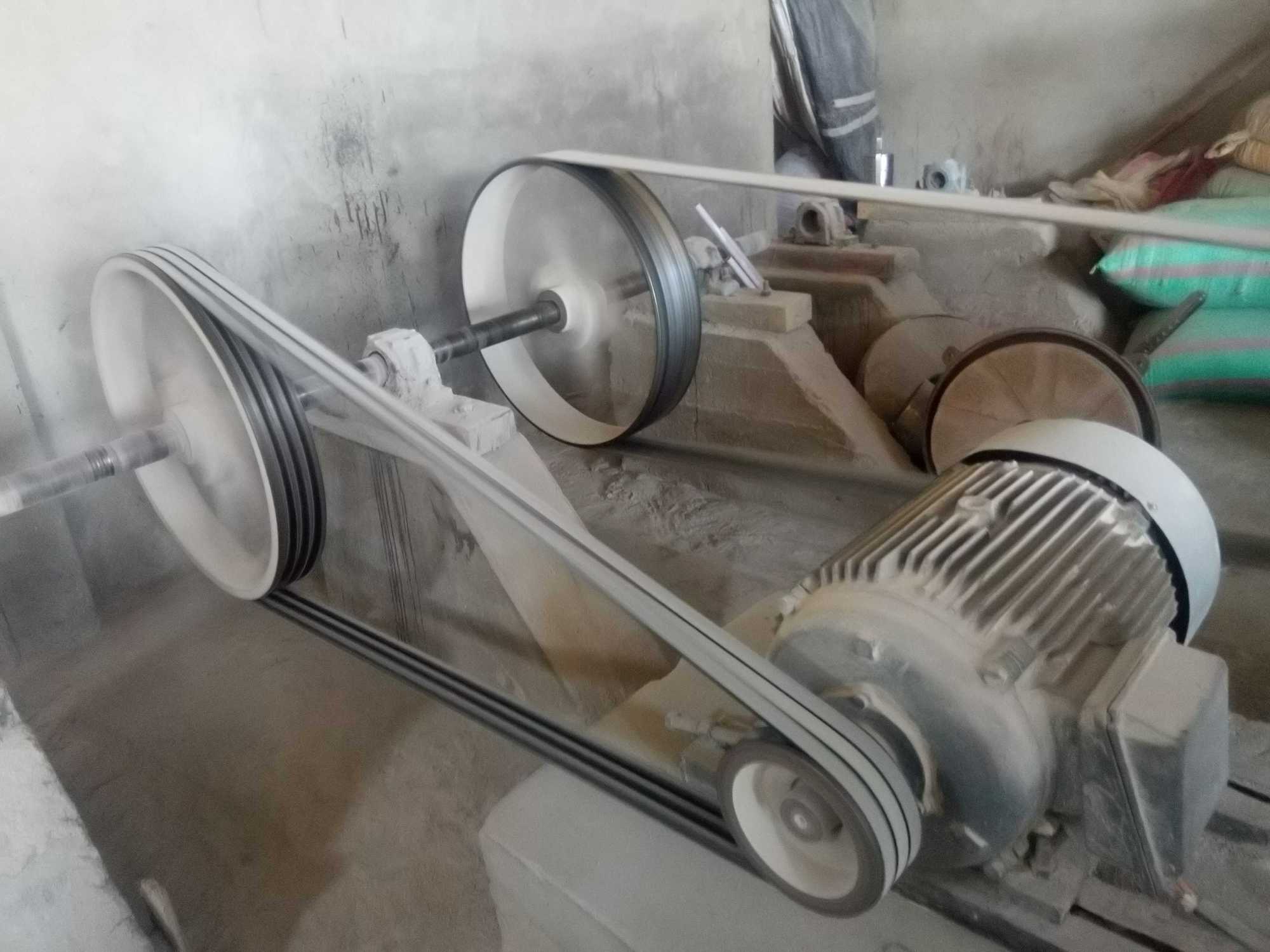What is a VFD inverter?
VFD stands for "Variable Frequency Drive", and is a type of inverter that provides significant cost and performance advantages when operating motors on solar.
A VFD inverter controls the speed of the connected motor by adjusting the frequency and voltage, which enables it to operate more efficiently.
What is a solar-compatible VFD inverter?
Certain manufacturers have released VFD inverters that can be run from solar panels, which offers an affordable and efficient method of reducing electricity bills for motor loads and the ability to operate without the electricity grid.
What can I run on a VFD inverter?
Any three-phase AC (alternating current) induction motor can run on a VFD inverter, as they are able to adjust their speed according to the frequency and voltage output of the inverter. Common household appliances, such as lights, computers and air conditioners, cannot be run on a VFD inverter.
Most commonly, water pumps and grinding machines (such as those in flour mills) can be run on VFD inverters.
What are the advantages of VFD inverters?
- Cost: on a per-watt basis, it is much cheaper to run motors on a VFD inverter than it is to run on a typical AC inverter. Our customers typically see a payback period of less than 2 years, compared to 3 or more years for net-metering systems.
- Net-Metering not required: VFD inverters are not dependent on net-metering, which reduces the cost of installation and provides immediate results.
- Size: VFD inverters are easily available with up to 100 kilowatts of capacity at an affordable price, while AC inverters of the same capacity can be 3 times as expensive.
- Electricity or solar: solar-compatible VFD inverters can have a change-over switch fitted, enabling you to switch between solar, the electricity grid or a generator. This enables use at night or when there is significant cloud cover.
- Works during load-shedding: unlike grid-tied net-metering systems, which depend on the electricity grid, a solar-powered VFD inverter is independent. As a result, it will continue to operate during load-shedding or fluctuating grid voltages.
What are the disadvantages of VFD inverters?
- Batteries are not supported: the solar power generated during the day cannot be stored in batteries and used to power the VFD inverter at night. To use the VFD inverter at night, it must be switched to grid electricity.
- Varying speed: in the morning and late afternoon, when sunlight is not as strong, the speed of the motor(s) will decrease.
- Motors only: only three-phase AC motors can be powered by VFD inverters.
